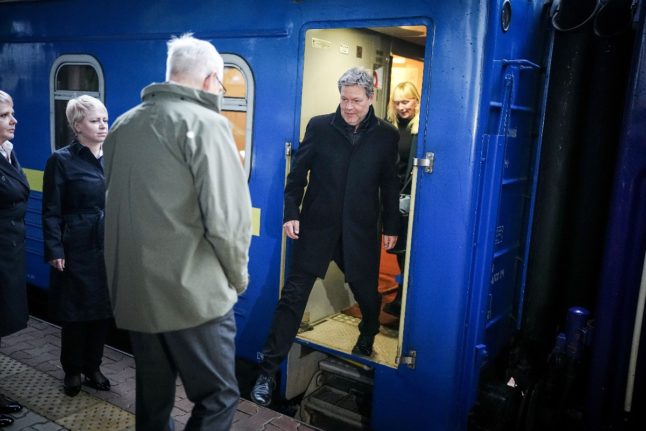Der Spiegel weekly earlier reported that German authorities were probing possible export violations by Bosch, given that EU firms are barred from supplying Russia with “dual-use” goods that could be used for both civilian and military purposes.
The export restrictions relate to sanctions imposed on Russia over its 2014 annexation of Crimea.
“Due to indications that Bosch products — contrary to local contractual agreements — may have been used in non-civilian applications, we have stopped the delivery of truck components in Russia and to Russian customers,” Bosch said in a statement.
Ukrainian Foreign Minister Dmytro Kuleba had on Sunday told a talk show on German broadcaster ARD that Ukrainian troops recently seized Russian infantry vehicles which contained components made by Bosch.
Bosch said it took Kuleba’s allegation “very seriously” and had started a “comprehensive review” into the matter.
The Stuttgart-based firm stressed however that it had not directly supplied any components to Russian military vehicle manufacturers.
According to Spiegel, Germany’s economy ministry has asked local prosecutors to look into the claims.
The ministry told AFP it did not comment on individual cases.
But it added that as a rule, the ministry informed the relevant law enforcement agencies if it received information about possible sanctions violations.
Russia has been hit with a barrage of Western sanctions since it invaded Ukraine last month, wreaking havoc on international supply chains and prompting many foreign firms to curb production in the country.
Bosch said it had suspended work at several of its plants in Russia, which make automotive parts as well as consumer goods.



 Please whitelist us to continue reading.
Please whitelist us to continue reading.
Member comments